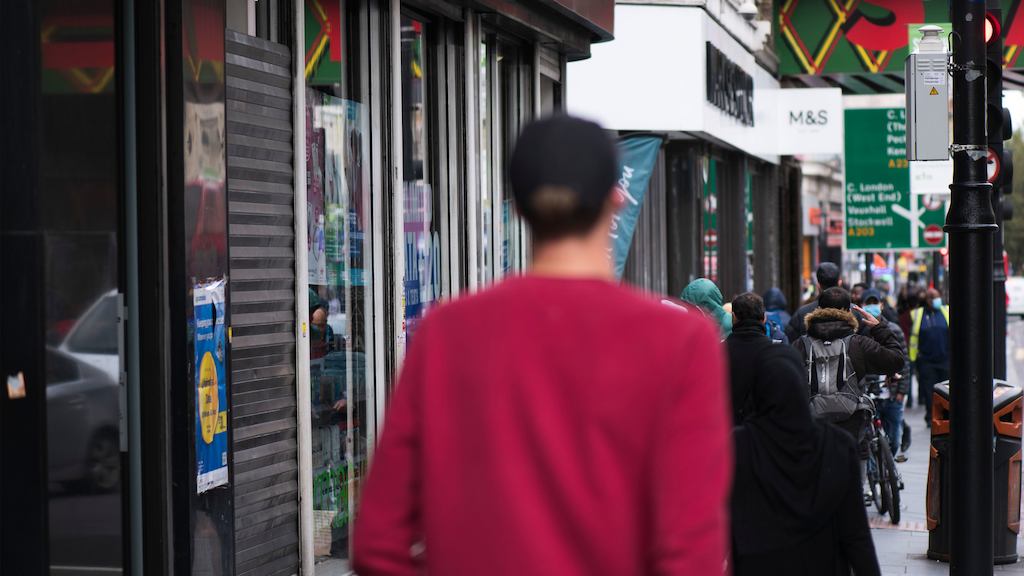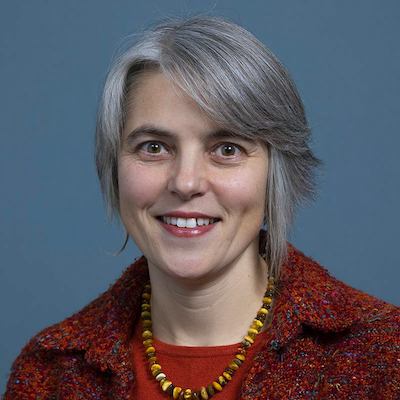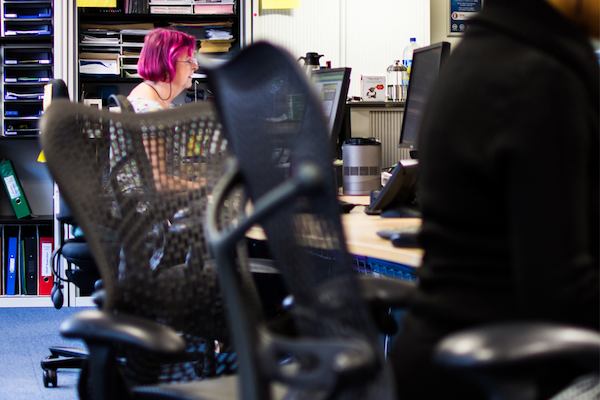The health impacts have particularly impacted those in later life. People at older ages are more likely to die and be adversely affected by the virus. Those aged 70 and over were advised initially to shield and visiting restrictions were placed on care homes in an attempt to protect their health. For those who have limited their social contact it has been a challenge to remain connected to friends and family and to access the support groups and services that are normally so important to our wellbeing. Digital exclusion, which was already an issue at older ages pre pandemic, has meant some people have been even more excluded during the lockdown – something we examined in our report ‘How has COVID-19 changed the landscape of digital inclusion?’. While many older people have been supported to get online for the first time, it has been critical that services have continued to be accessible by other means such as telephone.
We have also seen some of the worst examples of ageism. There was tendency to label all older people as ‘vulnerable’; just one of the negative stereotypes widely associated with old age as set out in our report, ‘Doddery but dear?’, which also revealed one in three people in the UK have experienced age prejudice or age discrimination. One particularly disturbing press article mentioned the economic benefits a ‘cull’ of elderly dependents would produce. We then saw similar sentiments shared on social media with people dismissing the virus as ‘only’ killing older people. The language we use can shape how we view ourselves and how we view others. It can reinforce negative attitudes, stoke intergenerational conflicts and lead to discrimination and policies that reinforce stereotypes. Our recent report, ‘An old age problem?’, has shown just how pervasive these negative views are across society.
Older workers, along with younger workers, have also been among those most likely to be made redundant or to lose their jobs as companies buckled under the economic impact of the lockdown. Our report, ‘A mid-life employment crisis’, found the number of people aged 50 and over seeking unemployment related benefits almost doubled during the lockdown. There will be a devastating financial impact for many older people as a result of the pandemic. One in four furloughed workers were aged 50 or older, so 2.7 million people in this age group have spent the best part of a year on 80% of their salary. This means that there will have been significantly less, or no, contributions made towards pensions and some people have been forced to draw down retirement savings. We know that those who fall out of the workforce at 50 are twice as likely as younger workers to become long-term unemployed, further worsening people’s financial situation.


